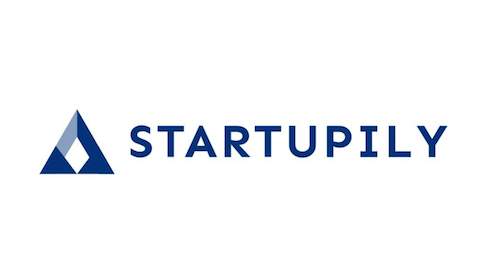Developing a business idea is a common occurrence, but not every idea is destined for success. While many are quickly abandoned, others undergo careful consideration and strategic planning. It’s essential to evaluate the sustainability of your business idea before investing time and effort.
Recognizing the Quality of Your Idea
Ideas, often diverse, can be labeled as ‘good’ based on their ability to address universal problems without significant drawbacks. However, not all good ideas translate into sustainable business ventures. Cost-effectiveness is a crucial factor, as an idea may be excellent but not economically feasible.
Key Questions for Evaluation
Is Your Idea Solving a Problem?
The foremost consideration is whether your idea addresses a prevalent issue faced by the general population. A successful business typically emerges from solving problems rather than introducing unnecessary products. Conduct thorough market research to identify your target audience and the widespread nature of the problem.
Will People Pay for Your Solution?
As part of your market research, assess the willingness of potential customers to pay for your product or service. Envisioning someone else presenting the idea helps gauge its monetary value. If you believe others would pay for the solution, it indicates a revenue-generating potential.
Is the Business Idea Scalable?
Scalability is a critical aspect to ponder. Can your business expand over the long term? Evaluate if the idea can transcend geographical boundaries, adapt to new markets, and offer room for diversification or product improvement. A non-scalable idea may lack the potential for sustained growth.
Does the Business Idea Already Exist?
Research whether your idea already exists in the market and faces competition. Existing competition shouldn’t discourage you; instead, use it as an opportunity to understand the market dynamics. Analyze competitors and identify areas where your offering can outshine theirs.
Can Anyone Start this Business Idea?
Contemplate the ease with which someone could replicate your idea if it hasn’t been initiated yet. Assess whether the uniqueness of your idea provides a competitive advantage. If it’s easily replicable, consider how you can maintain a distinct edge in terms of quality, pricing, or customer service.
Can the Business Last for More than a Year?
Determine whether your business idea is a fad or possesses enduring qualities. Fads are short-lived, while a business centered around a long-term problem with a sustainable solution has the potential for lasting success.
Conclusion
Answering these questions confidently and conducting thorough research positions your business idea for success. This initial stage sets the foundation for further detailed planning, including comprehensive research, business plan development, prototype creation, and potential investor engagement. While the process may be intricate, confidence in your idea propels you toward a promising start. Are you ready to turn your idea into a successful venture?
- GameFi 2.0: How Web3 Gaming is Revolutionizing Play-to-Earn and Captivating the Crypto World
- Critical Dos & Don’ts Of Running A Successful Dental Business
- Will An Outsourced Fleet Really Serve Your Startup Better?
- Dreaming Of Being An Entrepreneur? How To Find The Perfect Business Idea
- How To Maintain Equipment Durability In Your Manufacturing Businesses

